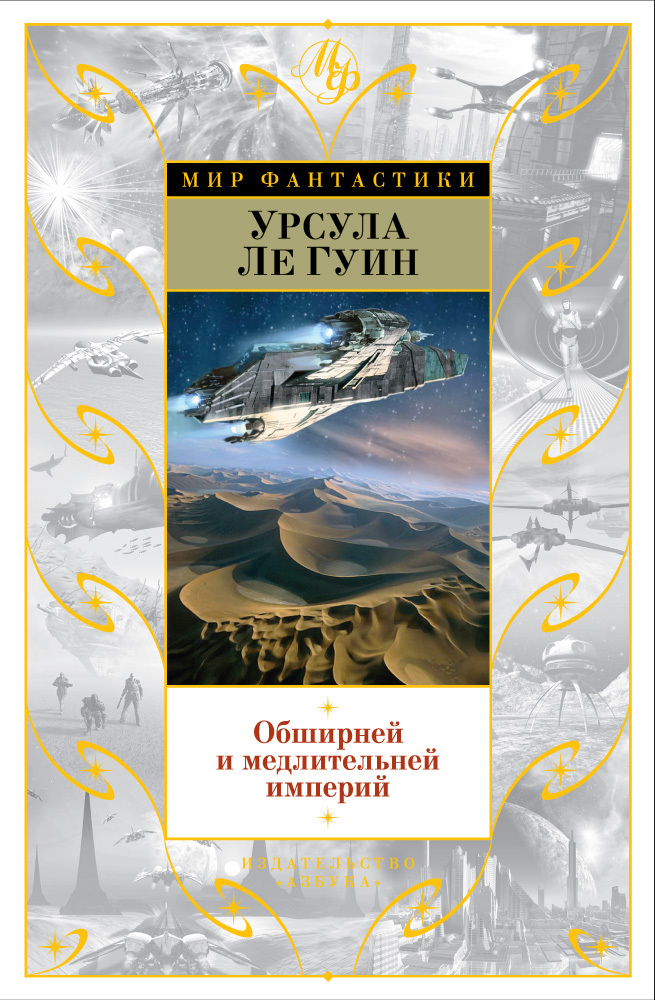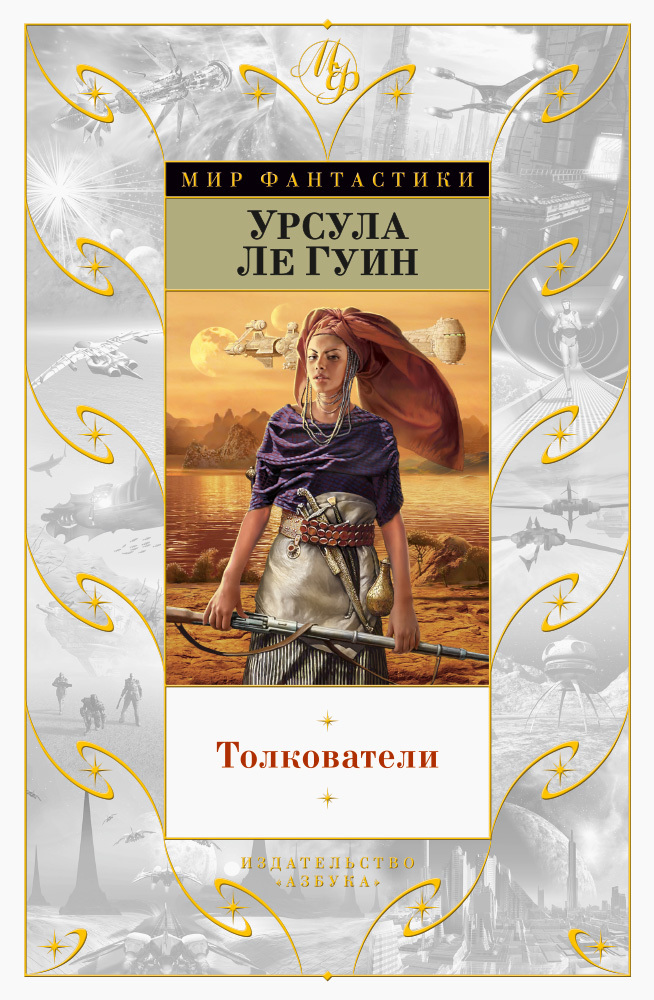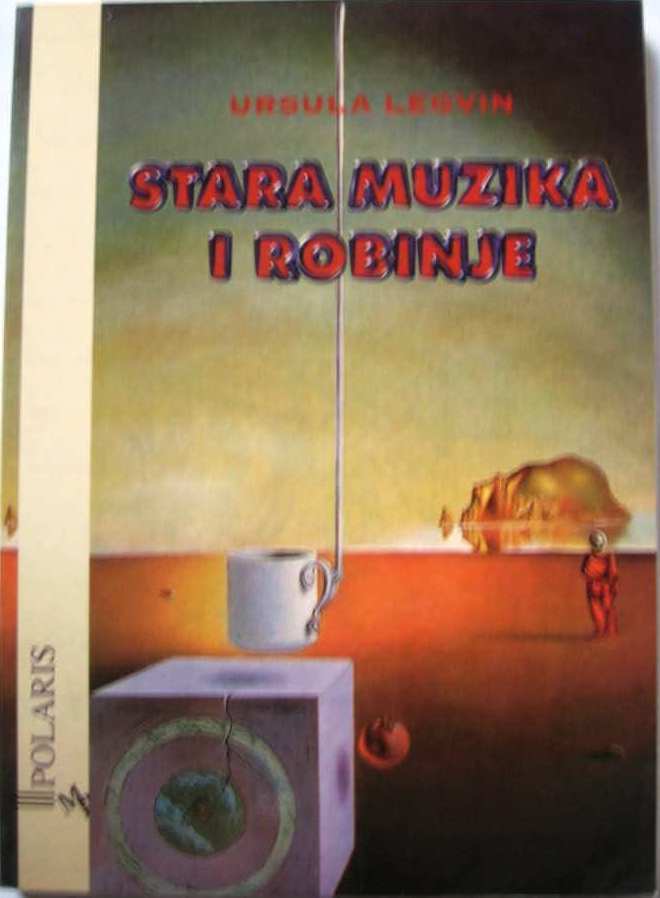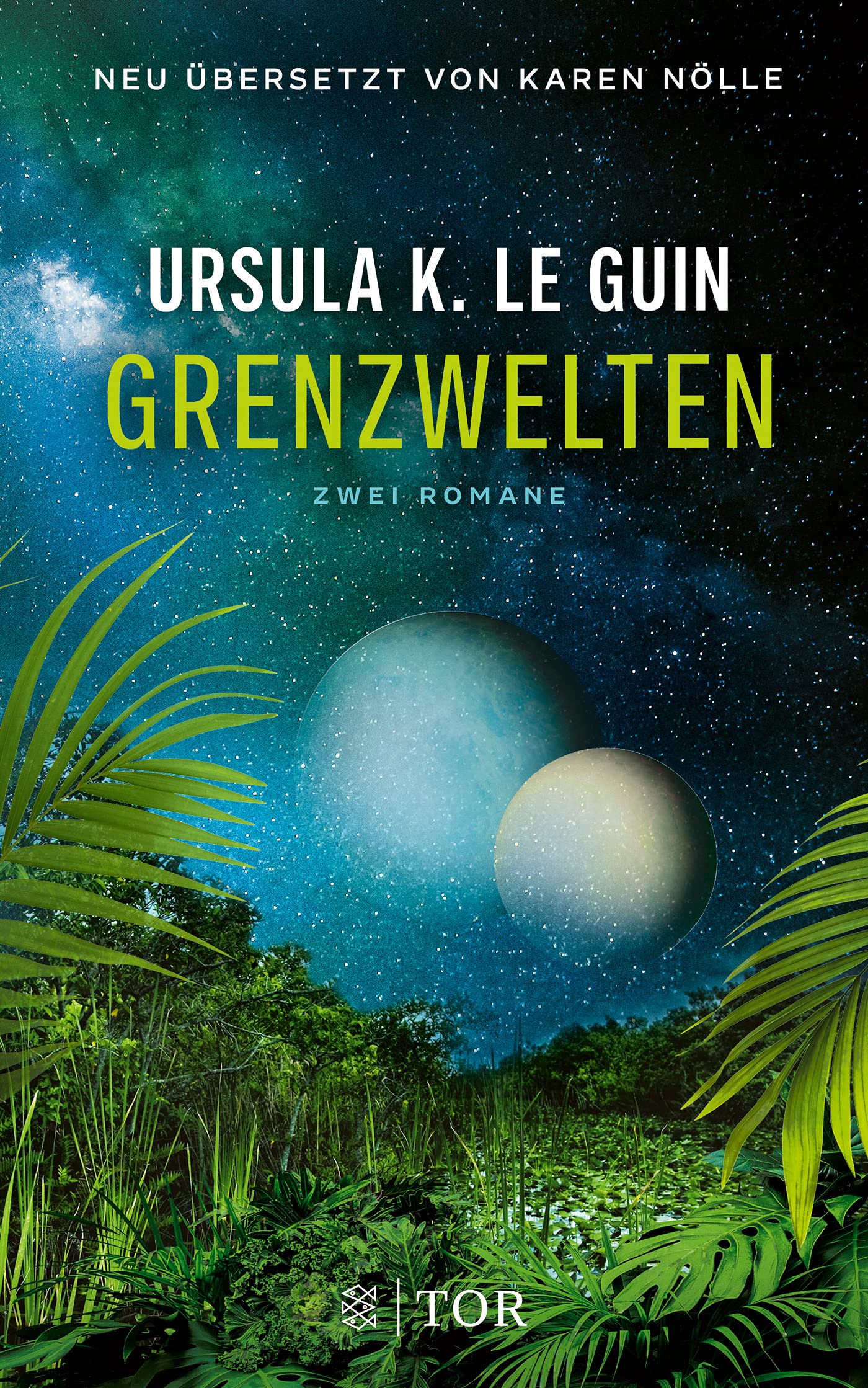


Books in series

Rocannon's World
1966

Los mundos de Ursula K. Le Guin
1992

Planet of Exile
1966

City of Illusions
1967

The Left Hand of Darkness
1969

Winter's King
A Story
2017

The Word for World Is Forest
1972

The Dispossessed
1974

The Day Before the Revolution
1974

Four Ways to Forgiveness
1994

The Telling
2000

Hainish Novels & Stories, Vol. 1
Rocannon’s World / Planet of Exile / City of Illusions / The Left Hand of Darkness / The Dispossessed / Stories
2017

Hainish Novels & Stories, Vol. 2
The Word for World Is Forest / Five Ways to Forgiveness / The Telling / Stories
2017

Обширней и медлительней империй
2016

Толкователи
2016

Os Despojados, Vol. 1
1974
The Shobies' Story
1991

Stara muzika i robinje
1999

Grenzwelten - 2 Romane
2000

Worlds of Exile and Illusion
Rocannon’s World, Planet of Exile, City of Illusions
1966
Authors

Ursula K. Le Guin published twenty-two novels, eleven volumes of short stories, four collections of essays, twelve books for children, six volumes of poetry and four of translation, and has received many awards: Hugo, Nebula, National Book Award, PEN-Malamud, etc. Her recent publications include the novel Lavinia, an essay collection, Cheek by Jowl, and The Wild Girls. She lived in Portland, Oregon. She was known for her treatment of gender (The Left Hand of Darkness, The Matter of Seggri), political systems (The Telling, The Dispossessed) and difference/otherness in any other form. Her interest in non-Western philosophies was reflected in works such as "Solitude" and The Telling but even more interesting are her imagined societies, often mixing traits extracted from her profound knowledge of anthropology acquired from growing up with her father, the famous anthropologist, Alfred Kroeber. The Hainish Cycle reflects the anthropologist's experience of immersing themselves in new strange cultures since most of their main characters and narrators (Le Guin favoured the first-person narration) are envoys from a humanitarian organization, the Ekumen, sent to investigate or ally themselves with the people of a different world and learn their ways.